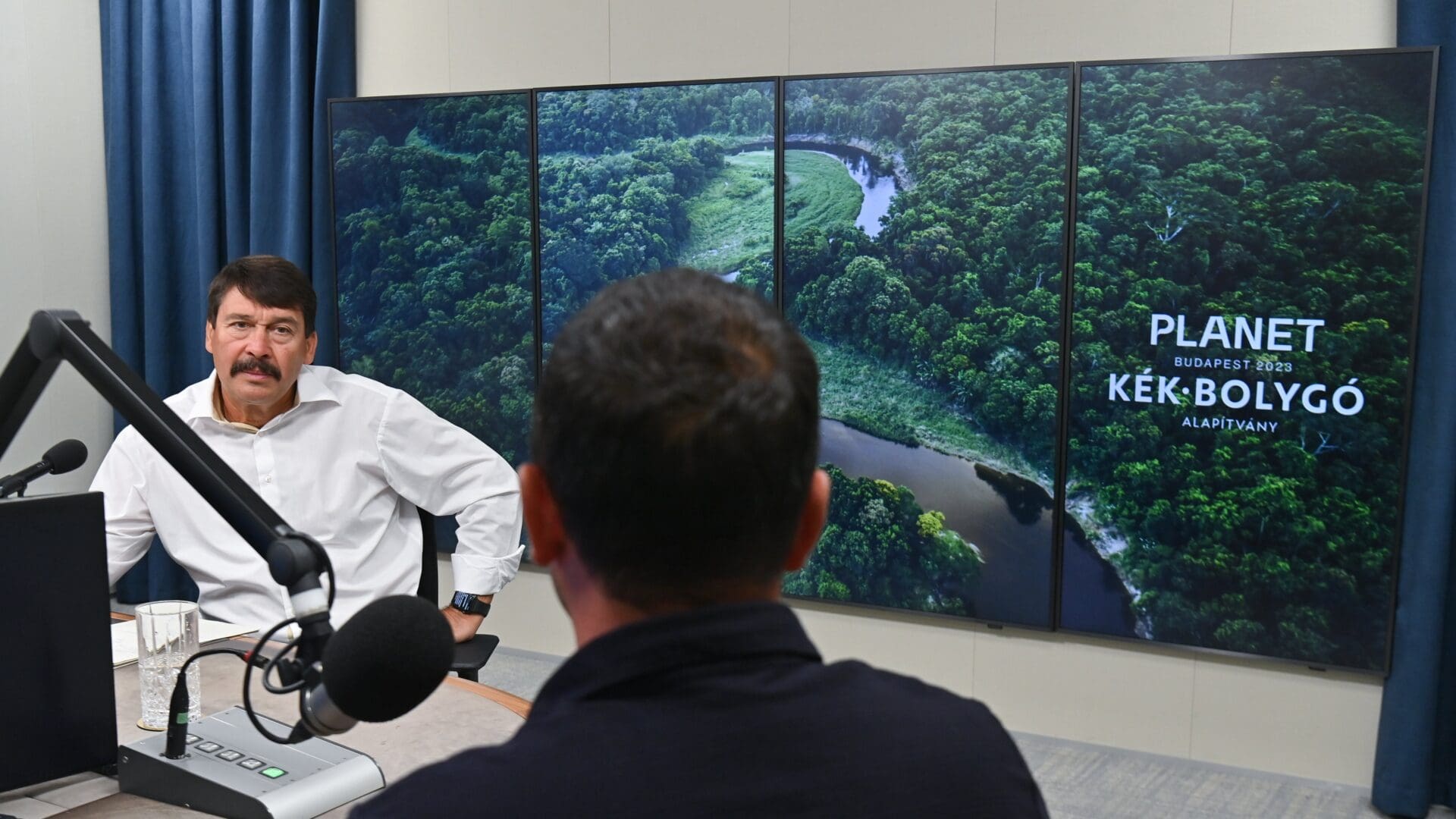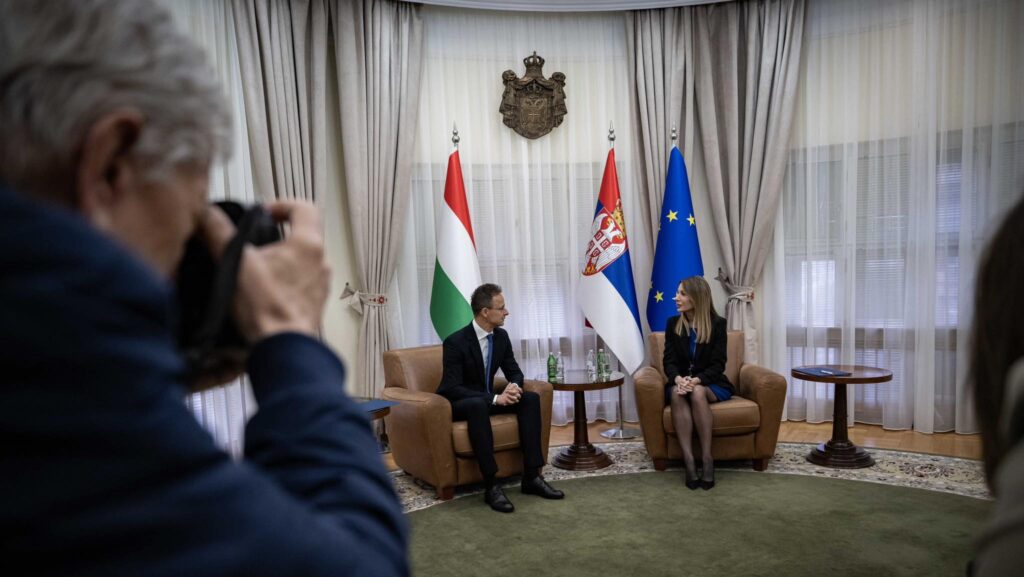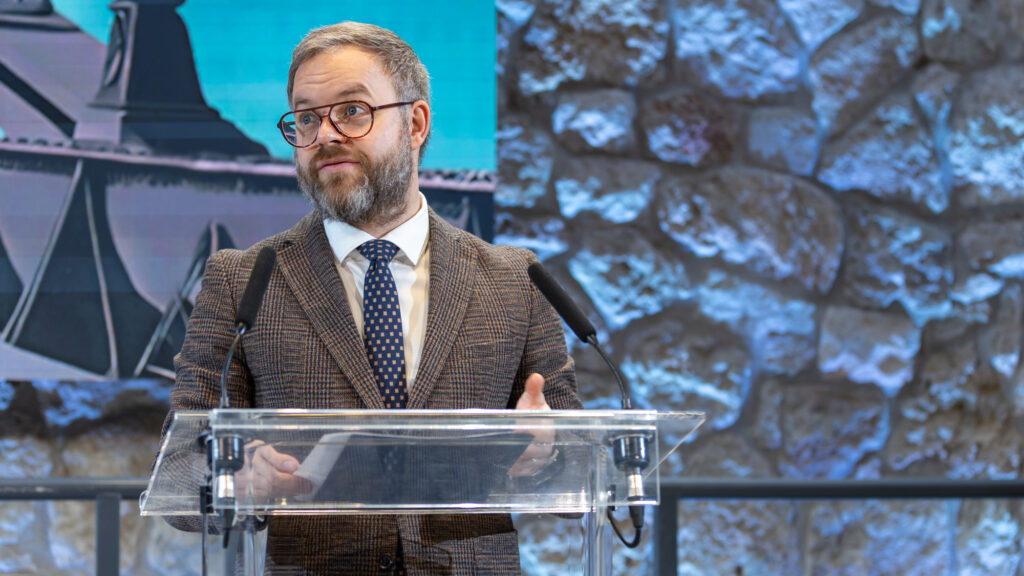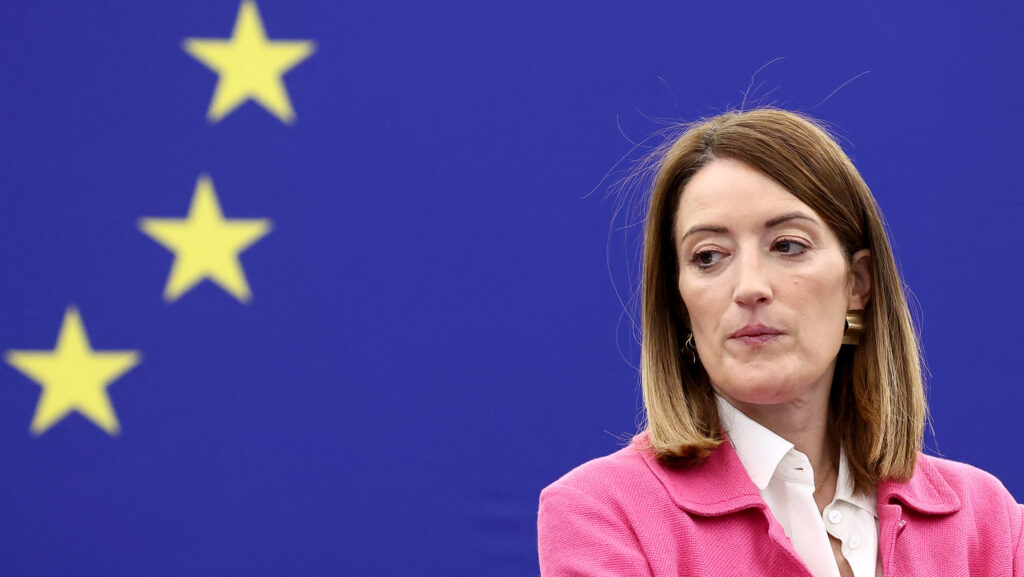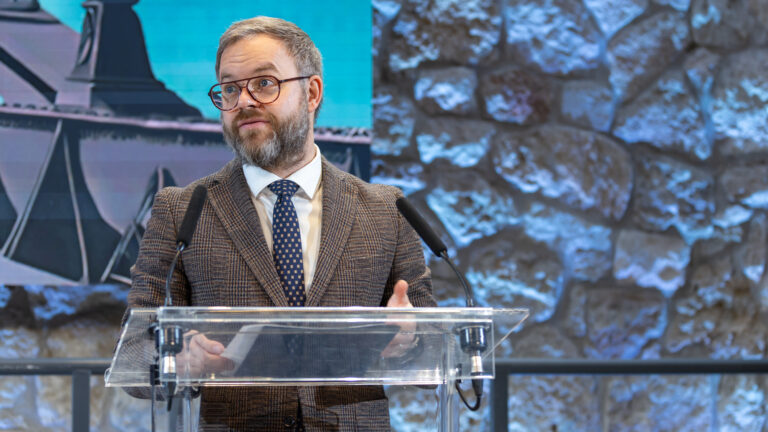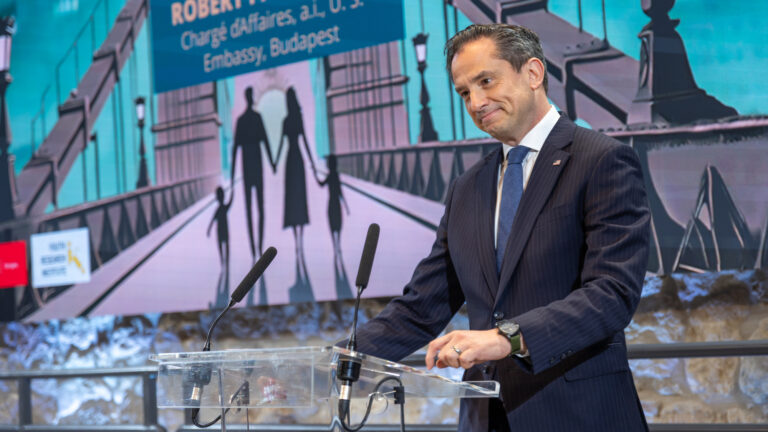In a recent interview with Index, former President of the Republic János Áder emphasized that Hungary has nothing to be ashamed of regarding its commitment to the green transition and climate protection. He discussed these topics in light of the upcoming Planet Budapest 2023 Sustainability Expo, where he will be taking on a central role as the founder and chairman of the board for the Blue Planet Foundation.
Recalling his remarks at the 2021 UN Climate Conference, Áder pointed out that for decades, the world has been facing the 11th hour in climate disaster prevention. However, he observed, there has been little substantial change since then, as evidenced by the continued rise in carbon dioxide emissions despite various pledges and commitments. Áder referred to the current situation as a ‘stalemate,’ where nations struggle to enforce their climate commitments. Smaller countries argue that their efforts are in vain until major emitters take decisive action. He also noted that existing agreements have failed to produce significant results due to concerns about competitive disadvantages.
According to Áder, a viable solution can only be reached through an agreement involving the G20 nations, wherein the preferred and sanctioned activities are outlined. He stressed the need for a well-monitored system that prioritizes long-term sustainability over competitive advantage.
Regarding carbon dioxide emissions, Áder dismissed the illusion of an immediate cessation of emissions,
emphasizing at the same time that the longer we delay action, the more challenging and painful the necessary decisions will become. Áder also expressed concerns about the ongoing Russia-Ukraine conflict in that context, noting that the war hinders the chances of a comprehensive climate agreement due to diplomatic tensions. He pointed out that it is unlikely that climate negotiations with Russia, a significant emitter, will take place under current circumstances.
In the context of Planet Budapest, Áder highlighted the event’s positive impact and noted that satisfaction among attendees exceeded 90 per cent according to post-event surveys after the 2021 expo. This year, 140 Hungarian exhibitors will participate in the expo.
Addressing Hungary’s progress in green transition and climate protection, Áder highlighted that Hungary belongs to a group of 21 countries worldwide that have significantly reduced carbon dioxide emissions since 1990 while increasing their GDP.
He also mentioned the substantial growth in solar power capacity in Hungary over the past six years,
with the government’s aim to increase solar capacity to 12,000 megawatts. However, he cautioned against the illusion that solar and wind energy alone can meet the country’s energy needs. He emphasized that energy demand increases when consumption habits remain unchanged.
Regarding wind turbines, Áder indicated that changes in regulations may be imminent, and he stressed the importance of adhering to strict environmental norms across various pollution categories, including air, soil, and water. He advocated for the closure of facilities that violate these norms.
In summary, Áder remains optimistic about Hungary’s efforts in the green transition and climate protection but acknowledges the challenges of international cooperation and the necessity of strict environmental regulations to achieve sustainable progress.
The entire exclusive interview can be read in Hungarian here.
Related articles:
Sources: Hungarian Conservative/Index

